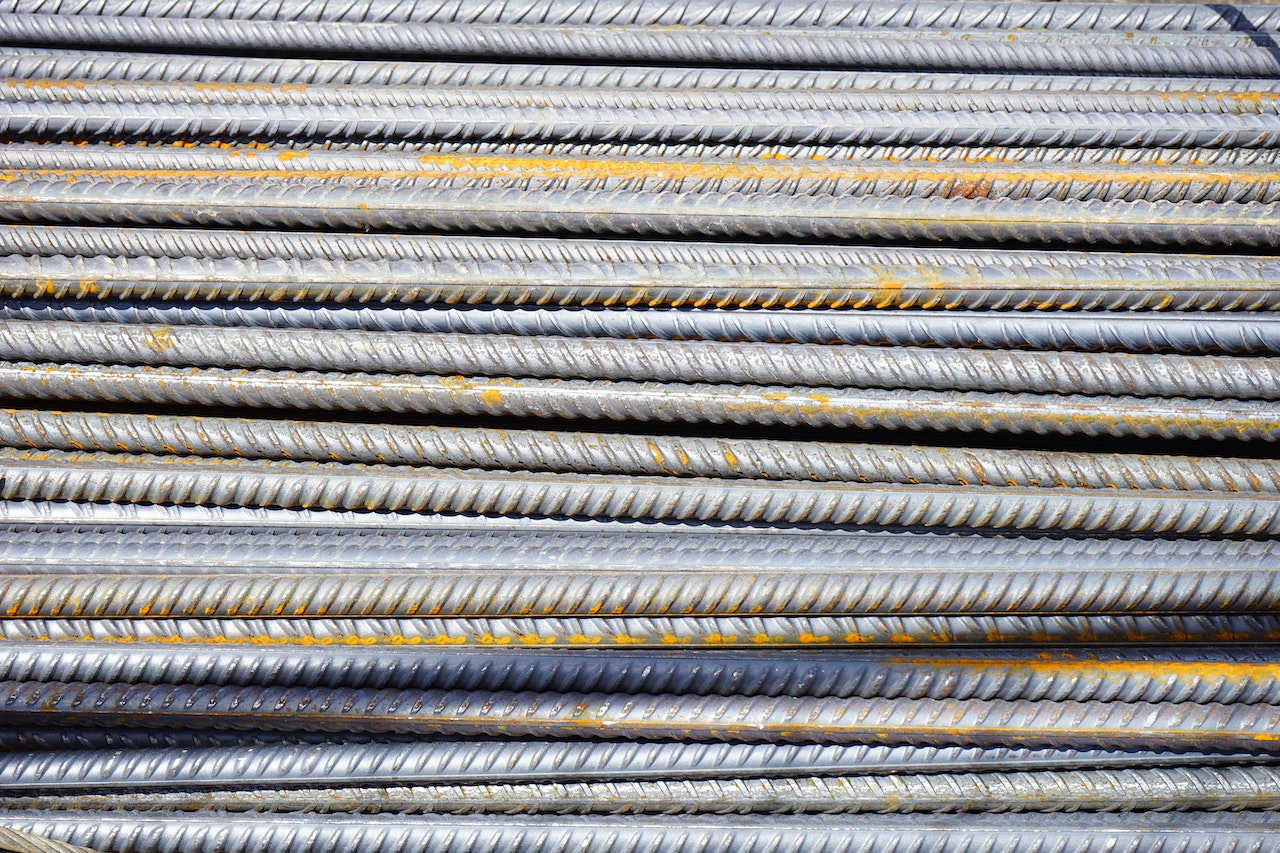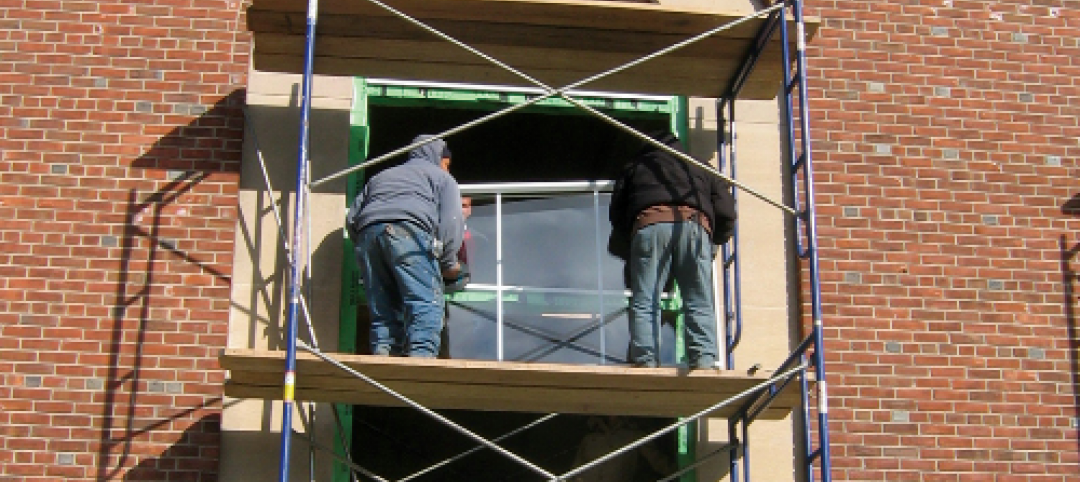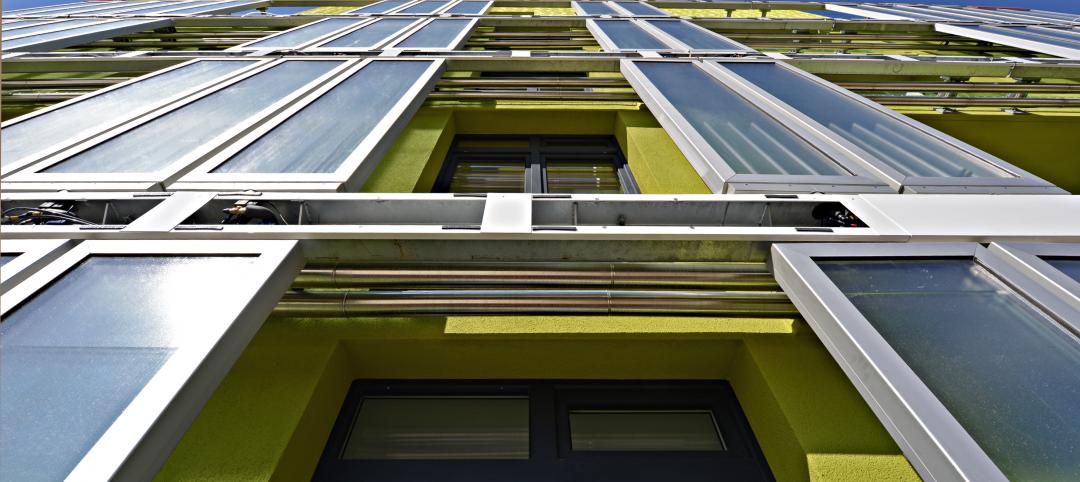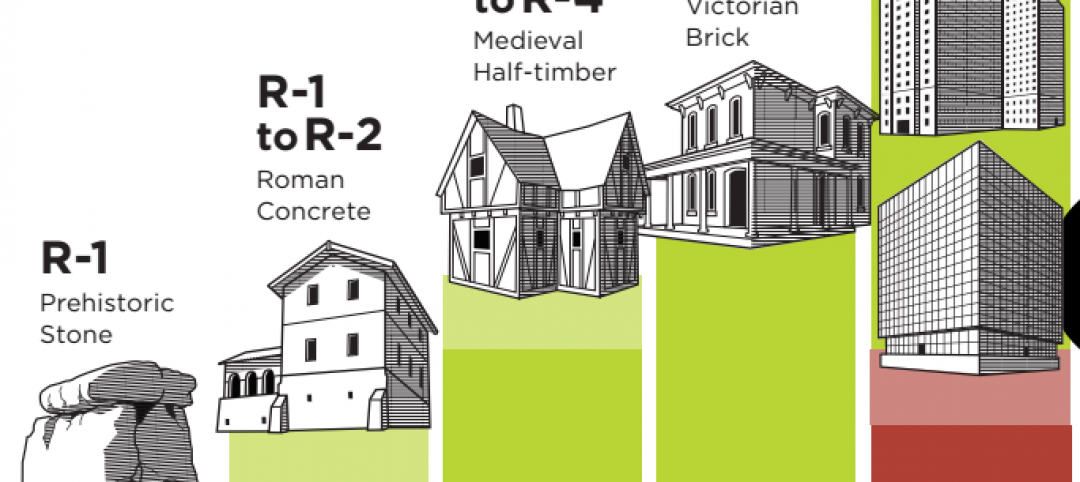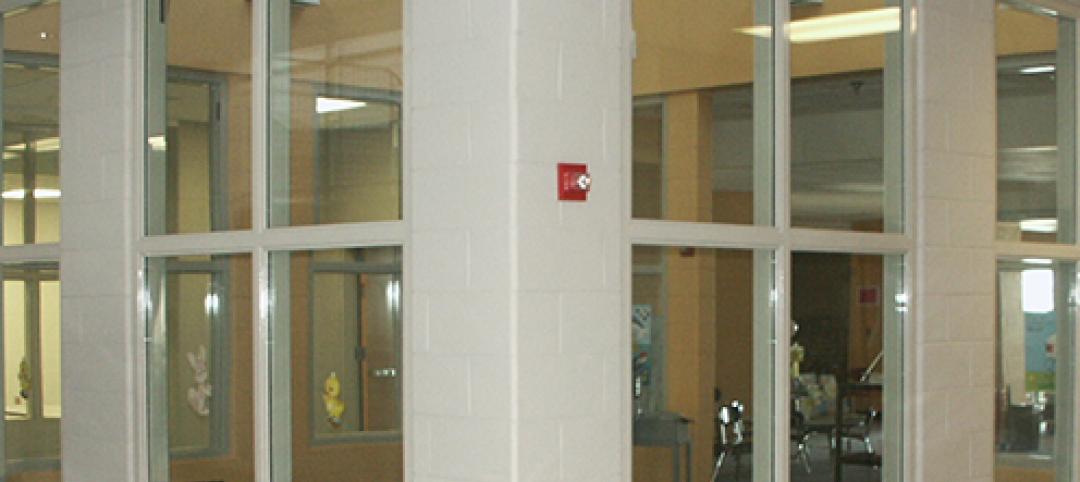Construction input prices fell 0.6% in May compared to the previous month, according to an Associated Builders and Contractors analysis of the U.S. Bureau of Labor Statistics’ Producer Price Index data. Nonresidential construction input prices declined 0.5% for the month.
Overall construction input prices are 3.7% lower than a year ago. Nonresidential construction input prices are 3.4% lower. Prices declined in all three energy subcategories. Crude petroleum prices were down 10.2% in May, while unprocessed energy materials were down 7.8%. Natural gas prices fell 2.0% for the month.
“The headline numbers suggest broad-based deflation in construction materials prices,” said ABC Chief Economist Anirban Basu. “But the declines in input prices are less broad than meets the eye. Much of the deflation is tied to energy, steel and softwood lumber.
“Beyond those spheres, there is plenty of input price inflation,” said Basu. “For instance, concrete prices increased 1.1% for the month and more than 12% for the year. The price of construction machinery and equipment rose marginally for the month and is up more than 9% over the past year. Prices for brick and structural clay tile as well as adhesives and sealants are also up more than 9% over the past 12 months. In short, there are still supply chain challenges, but a weakening global economy has helped place downward pressure on several traded commodities. With so many public and private megaprojects under development in the United States, it is likely that many input price categories will continue to show inflationary tendencies even if the overall economy dips into recession.”
Related Stories
| Oct 14, 2014
Proven 6-step approach to treating historic windows
This course provides step-by-step prescriptive advice to architects, engineers, and contractors on when it makes sense to repair or rehabilitate existing windows, and when they should advise their building owner clients to consider replacement.
| Sep 25, 2014
Arup's Solarleaf façade system wins Zumtobel innovation award
The system uses the bio-chemical process of photosynthesis to absorb CO2 emissions, while cultivating microalgae to generate biomass and heat as renewable energy resources.
Sponsored | | Sep 15, 2014
Fire resistance of metal cladding is an asset in wildfire-prone areas
Construction projects in fire-prone areas need to take wildfire danger into account, and metal panels provide some fire-resistant qualities.
| Sep 5, 2014
Tyco SimplexGrinnell receives Internet of Things Innovator of the Year Award
The award recognizes the company for excellence in leveraging advanced Internet-connected technology to deliver smart eService fire alarm solutions that improve service delivery and provide significant value to customers.
| Aug 21, 2014
Firestone Building Products' Bristol facility chosen as Northeast business leader for energy efficiency
Firestone Building Products Company, LLC announced that its Bristol, Conn. manufacturing facility was recognized by the Northeast Energy Efficiency Partnerships (NEEP) as a 2014 Northeast Business Leader for Energy Efficiency.
| Aug 5, 2014
New bomb-proof concrete mixture used in One World Trade Center
The new concrete mix deforms instead of breaking, removing the threat of flying debris in an explosive attack.
| Aug 1, 2014
Johns Manville realigning Engineered Products into global business unit
New structure of Johns Manville Engineered Products unit expected to enhance customer experiences while strengthening innovation, agility, and manufacturing capabilities.
| Jul 17, 2014
A harmful trade-off many U.S. green buildings make
The Urban Green Council addresses a concern that many "green" buildings in the U.S. have: poor insulation.
| Jul 15, 2014
Trade groups form task force to further transparency and optimization of building product ingredients
The Harmonization Task Group will offer marketplace benefits including consistent messaging, simplification, elimination of redundancies, and creation of more accurate, faster and less costly assessments.
| Jul 10, 2014
Vetrotech Saint-Gobain first fire-rated glass ceramic fabricator to assess products' environmental footprint
Vetrotech is the first fire-rated glass company in the world to have made a comprehensive life cycle assessment of fire-rated glazing products.


